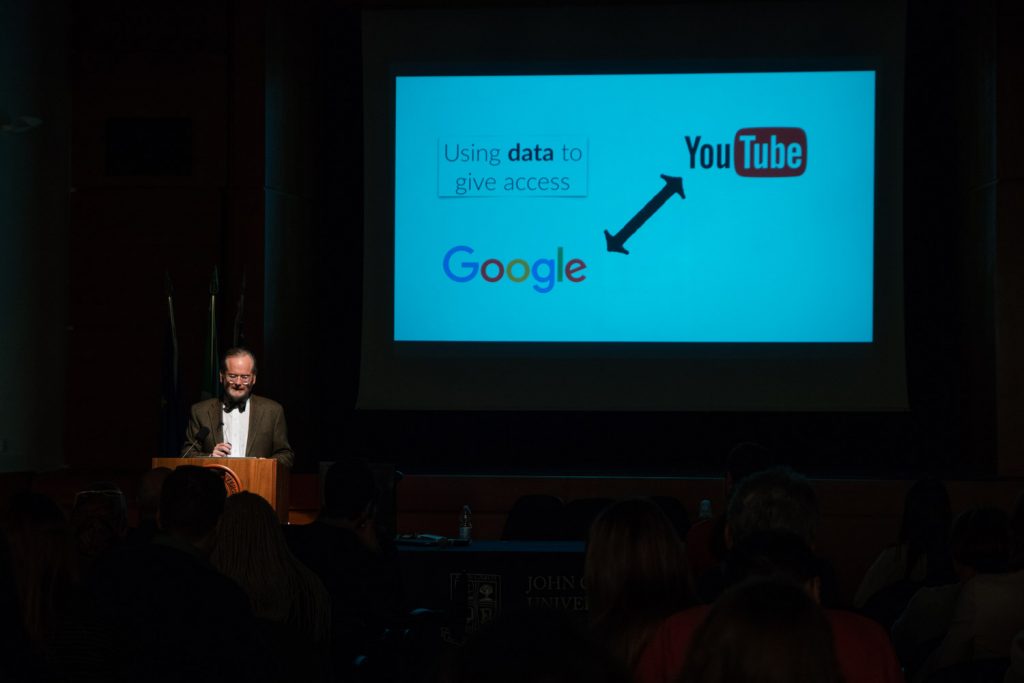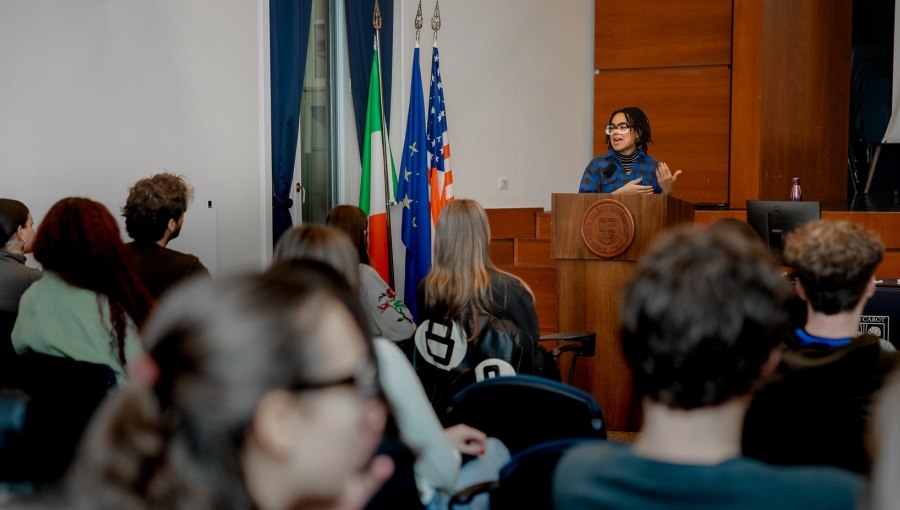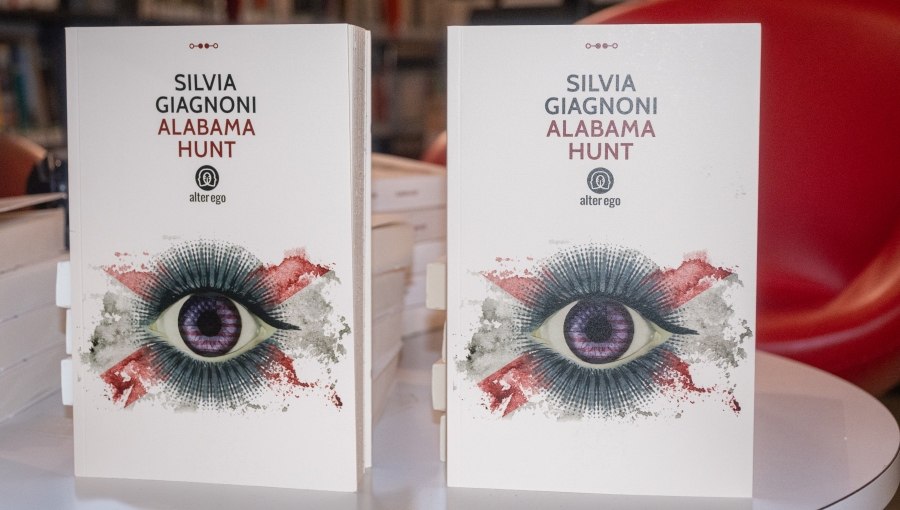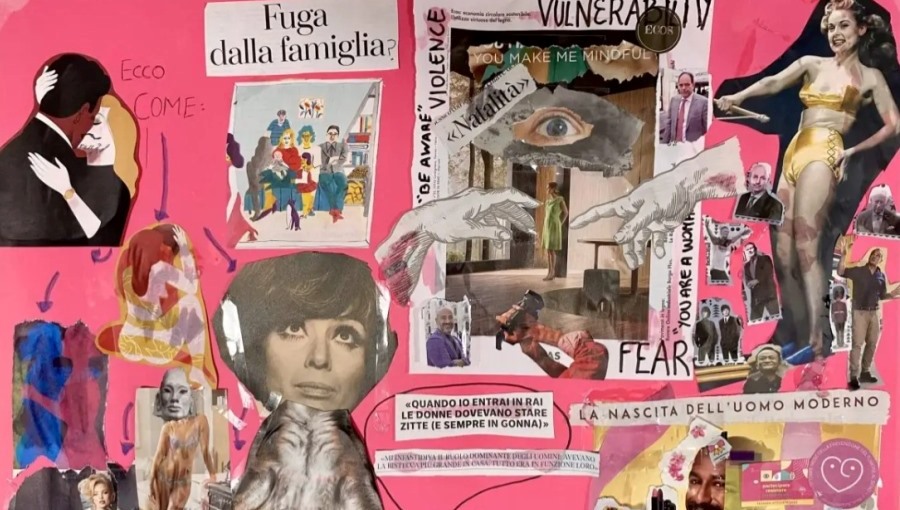Whither Remix Culture, a Decade Later: JCU Welcomes Professor Lawrence Lessig
“The nature of the internet is two-faced: the good is great and the bad is awful.”
– Lawrence Lessig
Lawrence Lessig is an American academic, attorney, political activist, and founder of the non-profit organization Creative Commons, devoted to expanding the range of creative works available for others to build upon legally and share. The Department of Communications and the Office of the President invited Professor Lessig to give a talk at JCU on the current state of the internet, its problems and its future developments on March 21, 2019.
President Franco Pavoncello welcomed Lessig, who is the Roy L. Furman Professor of Law at Harvard Law School and the former director of the Edmond J. Safra Center for Ethics at Harvard University. “It is a great pleasure and a distinct honor to welcome world-renowned speaker Professor Lessig, over a decade after the publication of his seminal, trail-blazing book Remix.” President Pavoncello then gave the floor to JCU Communications professor Donatella La Ratta, who worked with Lessig at Creative Commons. She gave a brief introduction to his work.
In Remix: Making Art and Commerce Thrive in the Hybrid Economy, published in 2008, Lessig denounced copyright extremism and tried to re-envision intellectual property law for the digital age. The title refers to the practice of using sampling or remix techniques to combine existing music and images into new creative works.
In his talk, Lessig reflected on how the internet has limited the freedom that it first gave us, how the right to remix has evolved, and devolved, as surveillance and advertising have become the norm.
Culture and Creativity
When he wrote Remix, there was a “read-write culture,” meaning that people read and understood the cultural products that were proposed to them and re-expressed and re-created new content. The advent of digital technologies had enabled amateur creativity and the remix of all sorts of contents to express new values more powerfully. Platforms were used to produce a culture that celebrated the opportunity to create and share content, enabling efficient consumption and production (despite this activity often being unregulated).
The Use of Data
According to Lessig, at the time he wrote Remix, data was used to serve the public. Google and YouTube, for instance, used data to give people access to what they wanted, based on what they looked for. Amazon and Netflix, on the other hand, used the gathered data to sell things in a smarter way to consumers. This enabled a user-driven innovation because anyone could opt into the architecture of advertising to make connections.
Hybrids and Copyleft
Lessig describes a hybrid as a company that leverages value the work of others to produce a service. Some examples are Flickr, Craigslist, YouTube, and Google. Trade of data was explicit and it was common knowledge that companies were making money on top of their free activities. One of the norms that regulated this dynamic was the concept of copyleft, the right to freely distribute copies and modified versions of a work with the stipulation that the same rights be preserved in derivative works created later. If artists’ works were leveraged, they should keep their rights, which should not be “sharecropped.” Lessig’s organization, Creative Commons, gave people the possibility, through licensing, to distinguish between the content that that could be freely reused and the content that only be used by permission.
The Gift of Wikipedia
“Platforms such as Wikipedia,” says Lessig, are an astonishing gift to culture since it remains firmly ad-free.” Today Wikipedia is still a free service that allows an enormous amount of information to be shared without the fear of corruption from advertisements.
Critical Features in Development of Internet
The first, according to Lessig, was the common idea that the internet should have no censors to establish the appropriateness of the content that was published. But having no censors led to having no editors and the unregulated content created a situation where no one can stop the spread of fake news.
The second critical feature is the emergence of advertising as the single most important driver of economic activity on the planet. Nowadays, platforms entirely depend on advertisements. The amount of data and information that was gathered through the internet was at first not being used for any purpose by any company. Google was the first platform to create value from the information present on the internet. The data was used to improve the capacity to predict what users would want or would look for. However, Google makes inferences on what people probably look for. On the other hand, Facebook gathers real data such as gender, age, and location because it requires a real identity to function. Facebook has a much better social graph of users than Google, and has the chance to sell ads in a much more efficient way. Advertisers have built a science to understand how to make its users addicted. Companies have found a way to grab our attention, hold it, and shape our behavior to make profits.
Democracy-Weakening Technology
“If you watch Fox News, you live in a different world from someone who watches MSNBC,” said Lessig, explaining that social media realities force us toward polarizations. Lessig believes that technology is actually weakening democracy. “Perhaps the weakening of democracy would have been acceptable if it had an aim such as fighting world hunger or finding a cure for cancer. Rather, the purpose of this democracy-weakening technology is to make the most powerful people in the world richer.”
Copyright Infringement
Many platforms are based on monetization, meaning that users make money through views and subscriptions of other users, as long as they follow the regulations. But in recent times it has become common to fraudulently make copyright accusations to other users to get accounts closed and demonetized. Lessig was himself sued for copyright infringement because he showed students online videos of his lectures to illustrate copyright misuse, but fortunately, he won.
EU Copyright Directive
Lessig discussed the controversial new copyright directive that if passed, could change the face of the internet forever, Known as Article 13, the European Union Directive on Copyright in the Digital Single Market, would require companies like YouTube, Facebook, and Twitter to take more responsibility for copyrighted material being shared illegally on their platforms.
According to Lessig, regulations on the fair use of copyright proposed in article 13 only favor extremely powerful companies such as Google. The article regulates what can be uploaded and what cannot, requiring companies to pay the burdens of uploading copywritten content. Only companies like Google can afford the burden of such regulations. This is why companies such as Wikipedia and Creative Commons are launching the hashtag #savetheinternet in the wake of the upcoming EU vote. Lessig advised young people to mobilize against Article 13, and work to increase democracy in the EU.
Control of Creativity
If you are the owner of a channel such as YouTube, you probably would want your audience to watch your content in a specific order, however, curators and owners of channels have no power in deciding how the content is displayed. This is because advertisements now control the display of content and what is more profitable comes first. Behavior is controlled, not by some centralized government but by an infrastructure that directs us, channels, and maneuvers us invisibly away from the ideals we thought the internet gave us, which are privacy, freedom, innovation, and diversity.
Corruption
Inspired by his dear friend, the late Aaron Swartz, co-founder of Reddit, Lessig has moved away from working on the internet and is currently devoting his time to dealing with issues related to corruption, which he believes is the most pressing problem in the world today. “How can we make any progress as long as deep corruption afflicts the government, which needs to pay homage to the rich and powerful?”
Conclusion
In his answers to the many questions from the audience of JCU students, faculty, staff and members of the local community, Lessig stressed the “Janus-faced” nature of the internet. People see what they have gained, such as Amazon next-day delivery, but they need to know what they are losing and how they are being controlled by the web. “Facebook is like a bar that is spiking our drinks.”
Watch the video of Prof. Lessig’s talk on JCUTV.
Read the interview with Prof. Lessig in La Repubblica (in Italian)
“Ecco come il web da libera Repubblica è diventato Impero“







